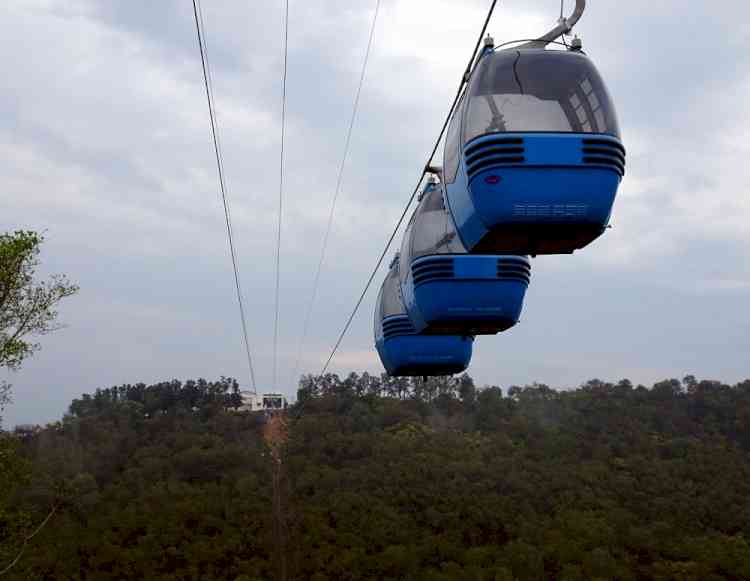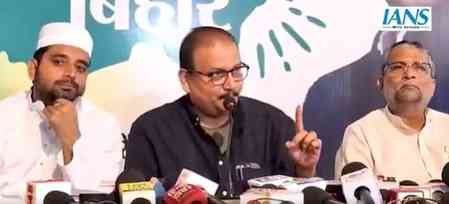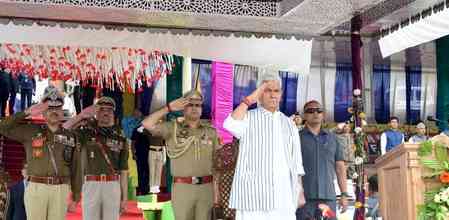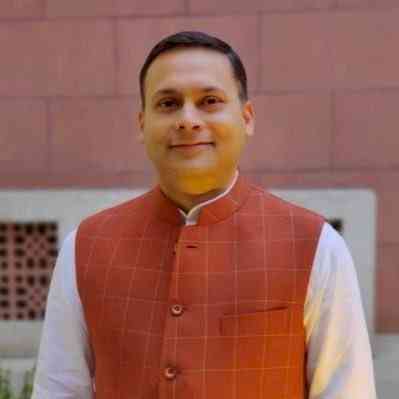Vaishno Devi to get 1,281-metre ropeway from Katra to Adhkuwari
To facilitate the pilgrimage in the 700-year-old Mata Vaishno Devi shrine in Jammu, the shrine board on Tuesday gave approval to the much awaited proposal to construct a 1,281-metre long ropeway between Katra and Adhkuwari.

Jammu, April 12 (IANS) To facilitate the pilgrimage in the 700-year-old Mata Vaishno Devi shrine in Jammu, the shrine board on Tuesday gave approval to the much awaited proposal to construct a 1,281-metre long ropeway between Katra and Adhkuwari.
The proposal was approved in the 69th meeting of the Shri Mata Vaishno Devi Shrine Board, presided over by the board Chairman Jammu and Kashmir Lieutenant Governor Manoj Sinha.
The trek between Katra and Adhkuwari is 6 km.
Sharing details, Delhi-based shrine board member K.K. Sharma of AIMIL Pharmaceuticals Ltd told IANS the discussion on this proposal was going on for a long time.
"In fact, for the first time in 2012, in the 51st meeting, the board had decided to conduct a study with RITES Ltd, a railway undertaking, to explore the possibilities of ropeway. RITES submitted its report to the board in 2017 which found it suitable for the construction of the ropeway between Katra and Adhkuwari.
"Since then, this proposal was continuously pending, which was approved in the first meeting of the newly constituted board held on Tuesday itself."
One of the holiest Hindu temples, Vaishno Devi, is located at Katra town in Jammu district.
The temple is situated at an altitude of 5,200 feet, about 12 km from Katra.
As per the proposal, 1,281.20-metre long ropeway will be constructed with a maximum height of 590.75 metres.
It will have the capacity to carry 1,500 people on one side per hour with each cabin having a capacity of eight persons.
While its construction is estimated at Rs 94.23 crore, RITES says 63 per cent of the operating cost can be recovered if the per passenger travel fee is kept at Rs 200.
Sharma said the construction would start soon.
The pilgrim footfall at the shrine was over 55.77 lakh in 2021, compared to 17 lakh the previous year due to the coronavirus pandemic.


 IANS
IANS 










